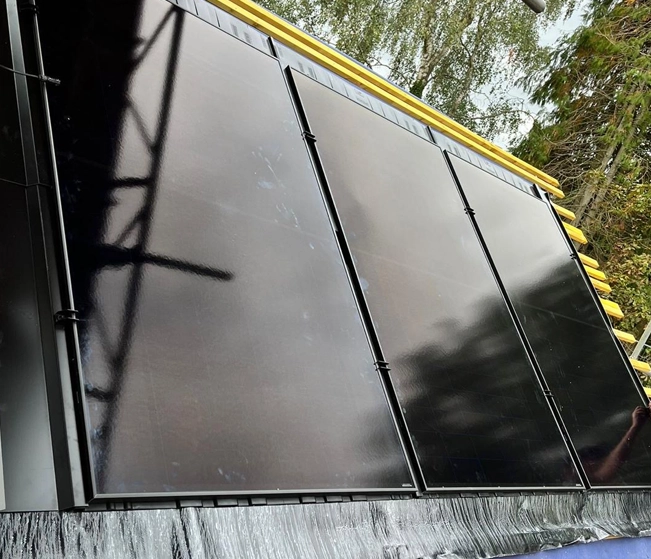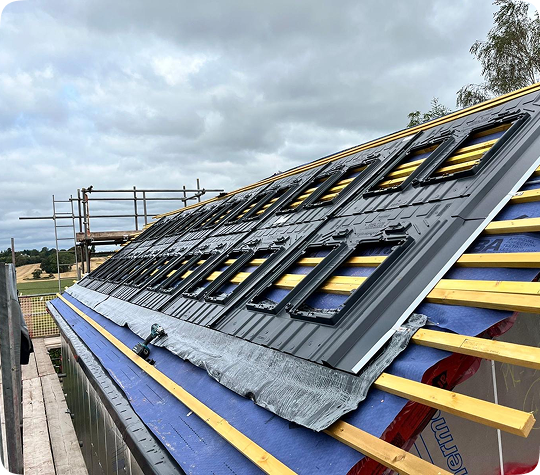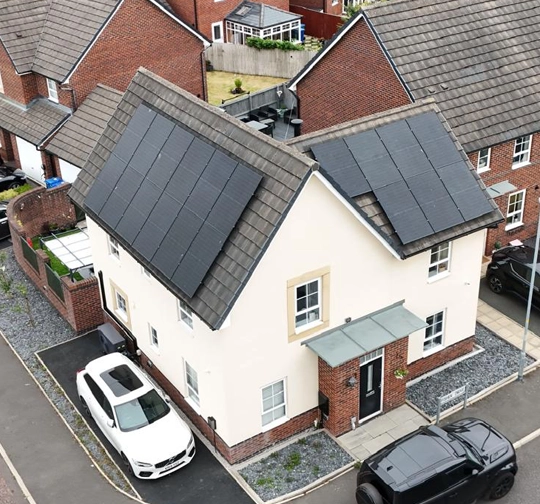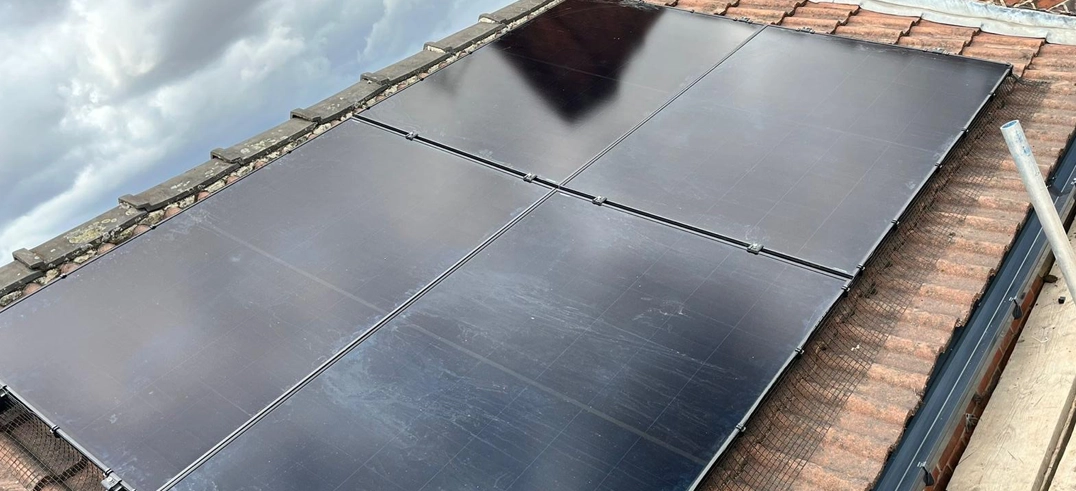Solar Panel Payback Period
How long does it take?
The payback period is the time it takes for energy savings to cover the initial installation cost. For most households, this is between 6 and 10 years.
What influences payback?
- Energy prices: The higher they rise, the quicker the system pays for itself.
- Daytime usage: Homes that use more electricity during the day see faster returns.
- Battery storage: Adding storage reduces reliance on the grid, shortening payback.
Real-world example
A home in South Yorkshire with a 4 kW system could save around £500 a year. If the system cost £5,000, the payback time would be roughly ten years. With a battery added, savings could rise, reducing the payback to around eight years.
Long-Term Financial Benefits
Lifespan of panels
Solar panels last 25 to 30 years, and savings continue long after the system has paid for itself. Even after 20 years, panels often generate enough energy to make a meaningful difference to household bills.
Increase in property value
Homes with renewable energy systems may be more attractive to buyers. Improved Energy Performance Certificate (EPC) ratings can also add value when selling.
Environmental benefit
Although financial savings are the main driver for many households, solar panels also cut carbon emissions, helping families contribute to a more sustainable future.
Maximising Your Solar Investment
Professional installation
Correct fitting is vital to achieve the expected savings. A poorly installed system may underperform, reducing long-term returns.
Care and maintenance
Regular checks ensure panels continue to operate efficiently. Our Care Plans are designed to protect your system and provide ongoing support.
Pairing with other renewable technologies
Combining solar panels with heat pumps or air conditioning creates a more efficient energy system, lowering running costs across the home.
Summary
The question “how much can I save using solar panels” depends on household usage, system size, and whether battery storage is included. On average, savings range between £400 and £600 per year, rising to over £800 with a battery. With a lifespan of up to 30 years, the long-term return makes solar one of the most reliable renewable technologies available.
FEC Renewables provides professional installations across South Yorkshire and surrounding areas. To discuss how much you could save with a solar PV system, contact our team or call 01302 578422.




